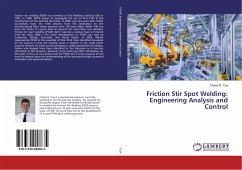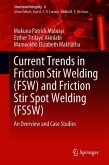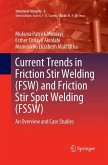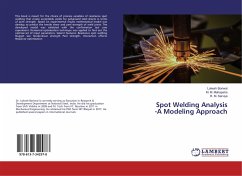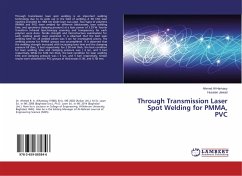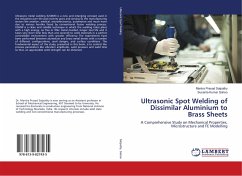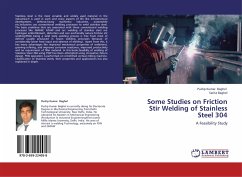Friction Stir Spot Welding FSSW is a suitable process for welding lightweight materials and advanced high strength steels for structural applications in overlap configuration in similar and dissimilar joining combination. The present work evaluates the effect of galvanised on FSSW of dual phase steel. Welds were produced at four different dwell time joint configurations. FSS welds have also been performed in sheets of similar thickens of DP800 bare steel and DP800 galvanised steel using fixed welding parameters e.g. tool plunge depth, plunge rate and rotational speed by using cylindrical pin with three equally spaced flats and flat shoulder. Light optical microscope has been operated to analyse the microstructural features of the connections, while mechanical performance has been investigated in terms of hardness and tensile shear testing. Relationships between mechanical performance and welding parameters have been established for the joints. Preliminary results have shown that DP800 bare steel has obtained slightly higher tensile strength than that of DP800 galvanised steel. It was suggested that joint strength was related to area of stir zone at the weld interface
Bitte wählen Sie Ihr Anliegen aus.
Rechnungen
Retourenschein anfordern
Bestellstatus
Storno


